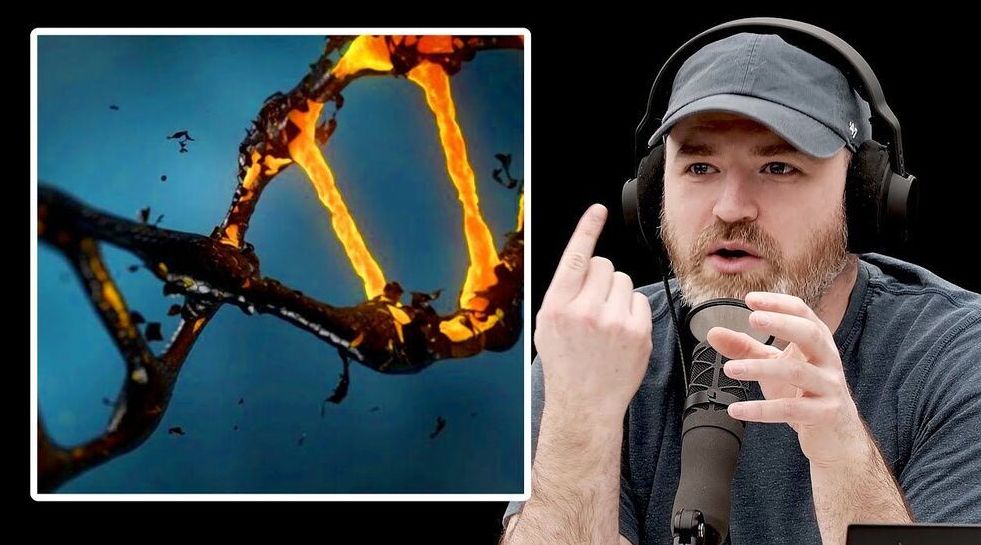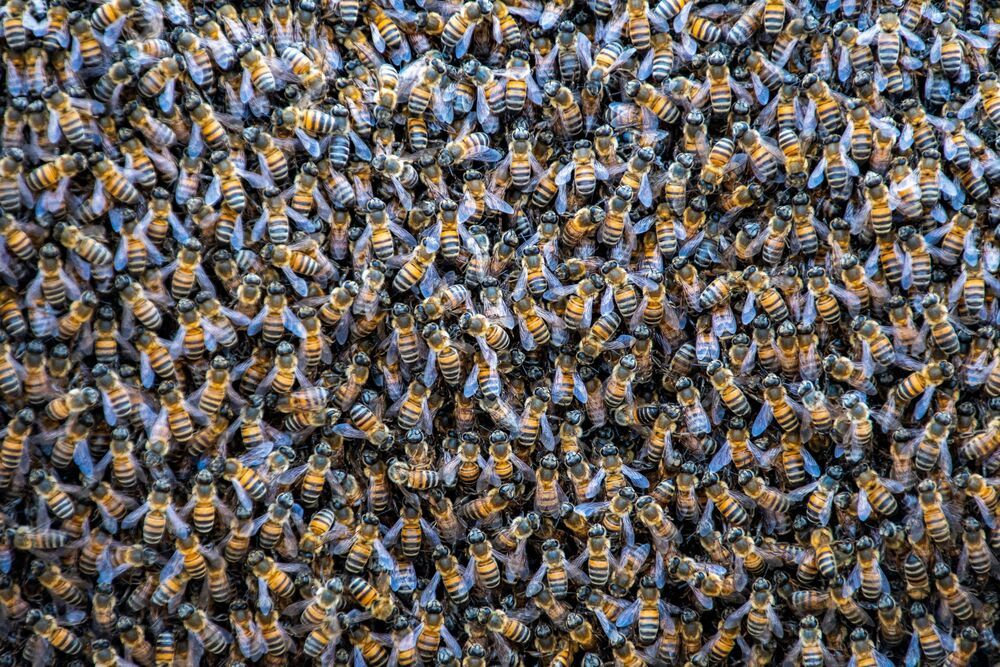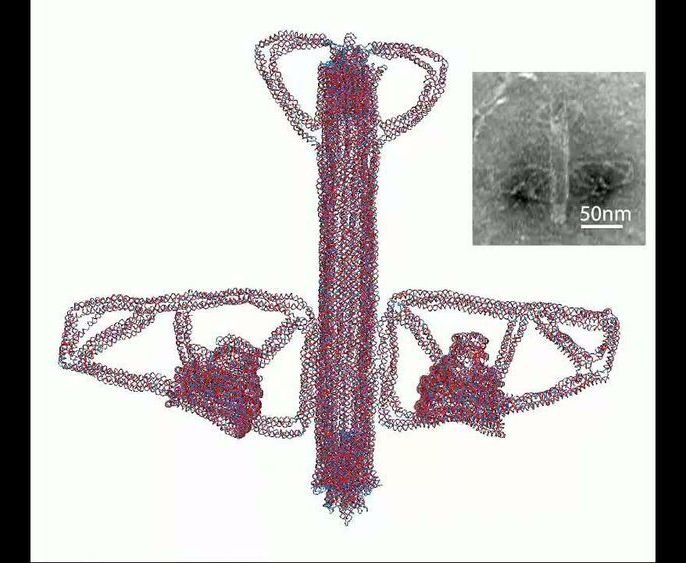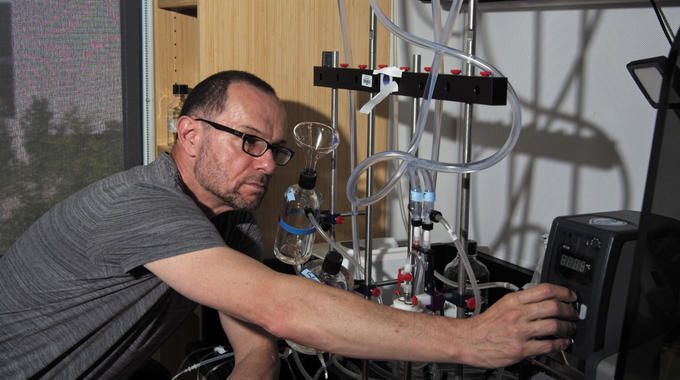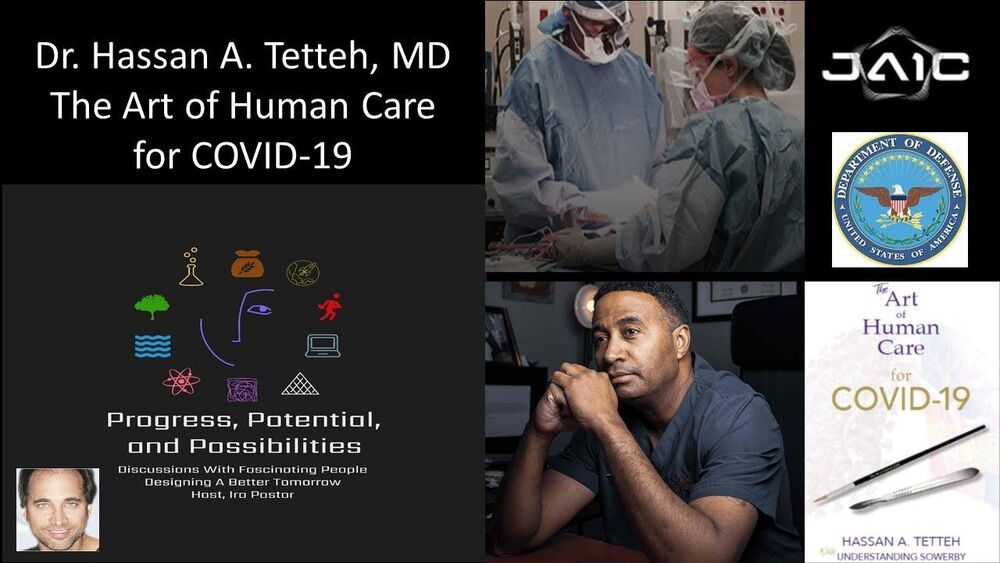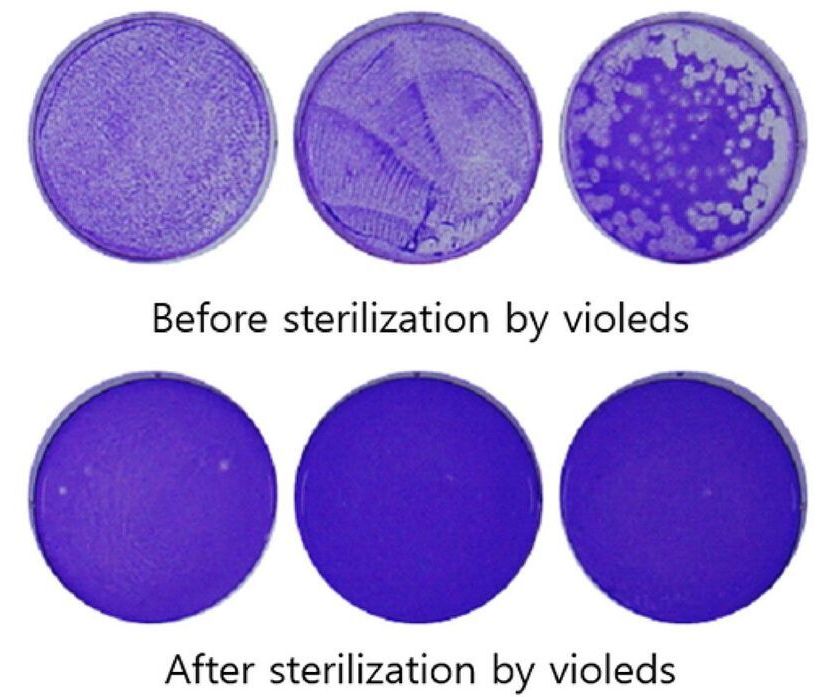Apr 21, 2021
Increased Longevity and Overpopulation
Posted by Montie Adkins in categories: biotech/medical, life extension
Any discussion of rejuvenation biotechnology almost certainly includes the subject of and the objection that medical advances that directly address the various processes of aging will lead to an overpopulated world. Such dire predictions are a common theme in many discussions involving advances in medicine that could increase human lifespans.
Overpopulation is a word that gives the simple fact of population growth a negative connotation. It implies that an increase in the number of people will harm our lives in different ways, such as famine, scarcity of resources, excessive population density, increased risks of infectious diseases, and harm to the environment.

